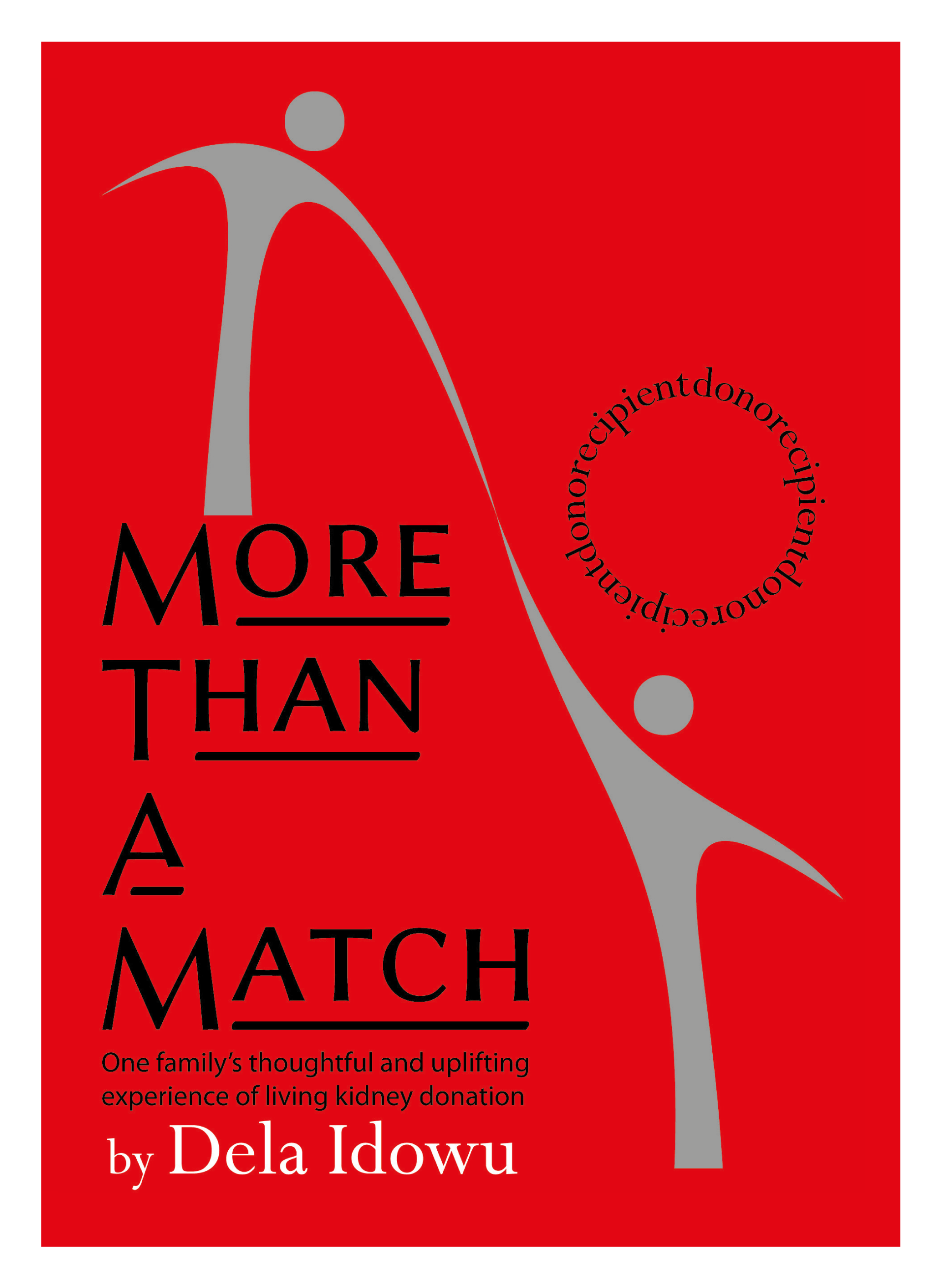
Why we need more Black living kidney donors
Although more Black people are becoming living kidney donors, they are still significantly underrepresented when it comes to becoming organ donors. A report from NHS Blood and Transport, “family support for organ donation across all ethnicities has steadily declined in recent years.”
Thinking about becoming a donor?
Donating a kidney gives someone the gift of life, it is usually for personal reasons why people decide to donate.
Many Black people come forward as living donors because they don’t want a family or friend to be on long term dialysis, which is common for Black kidney patients.
It can be daunting when you decide to become a living donor, as it’s a big decision and there’s a lot to consider. We have information and resources on this site that can help you.
Why become a living donor?
Many family members support and care for loved ones whose lives are centred around dialysis, they witness the emotional, physical, and mental impact it has not only on them but the whole family.
It is often these experiences that lead relatives to think about becoming a living donor.
This website has useful information to support your decision.
Frequently asked questions
Who is a living kidney donor?
A living kidney donor is someone who voluntarily donates one of their kidneys to another person who needs a kidney transplant—while they are still alive.
Why is living kidney donation especially important for Black people?
The number of Black people registered on the organ donor register is very low as a result Black patients wait longer for a suitable deceased donor than other communities. A living donor transplant, offers Black patients freedom from long-term dialysis.
What if I need my kidney in the future?
As a potential donor , you will need to undergo several medical tests and a thorough evaluation. These tests are to ensure that you are not at significant risk in the future of developing kidney disease. Potential donors from Africa and the Caribbean are offered a blood test to assess your long-term risk. That test is called APOL1
Can I be a donor if I haven’t had children yet?
Yes, many women have had children after donating a kidney without any impact on the pregnancy because they’ve donated a kidney. For most women donating a kidney will not cause additional risk during pregnancy or childbirth.
How long will it take to recover?
Most living donors make a full recovery 4-8 weeks after surgery. Returning to work will depend on the type of work you do.
Will I be on any long-term medication?
No, you will not be on any long-term medication as a kidney donor
Living with one kidney
As a donor you have a yearly check to monitor your kidney function, you are advised to drink plenty of water, there are no restrictions and one is advised to continue doing the things they did before donating.
What if I need my kidney in the future?
Yes, there’s a chance you might need a kidney later in life, but if you’re healthy and carefully evaluated before donation, the risk is very low. And if something does go wrong, there are safety nets and medical supports in place—especially for donors.
More Than A Match
One Family’s Uplifting Experience of Living Kidney Donation
More Than a Match is an easy-to-read guide for anyone considering becoming a living kidney donor.
The book narrates the personal and emotional journey of a family who unite to help a family member who needs a kidney transplant.
This book offers clear, compassionate information to help potential donors understand the process, feel supported, and make informed decisions — whether you’re thinking about donating to a loved one or friend.

